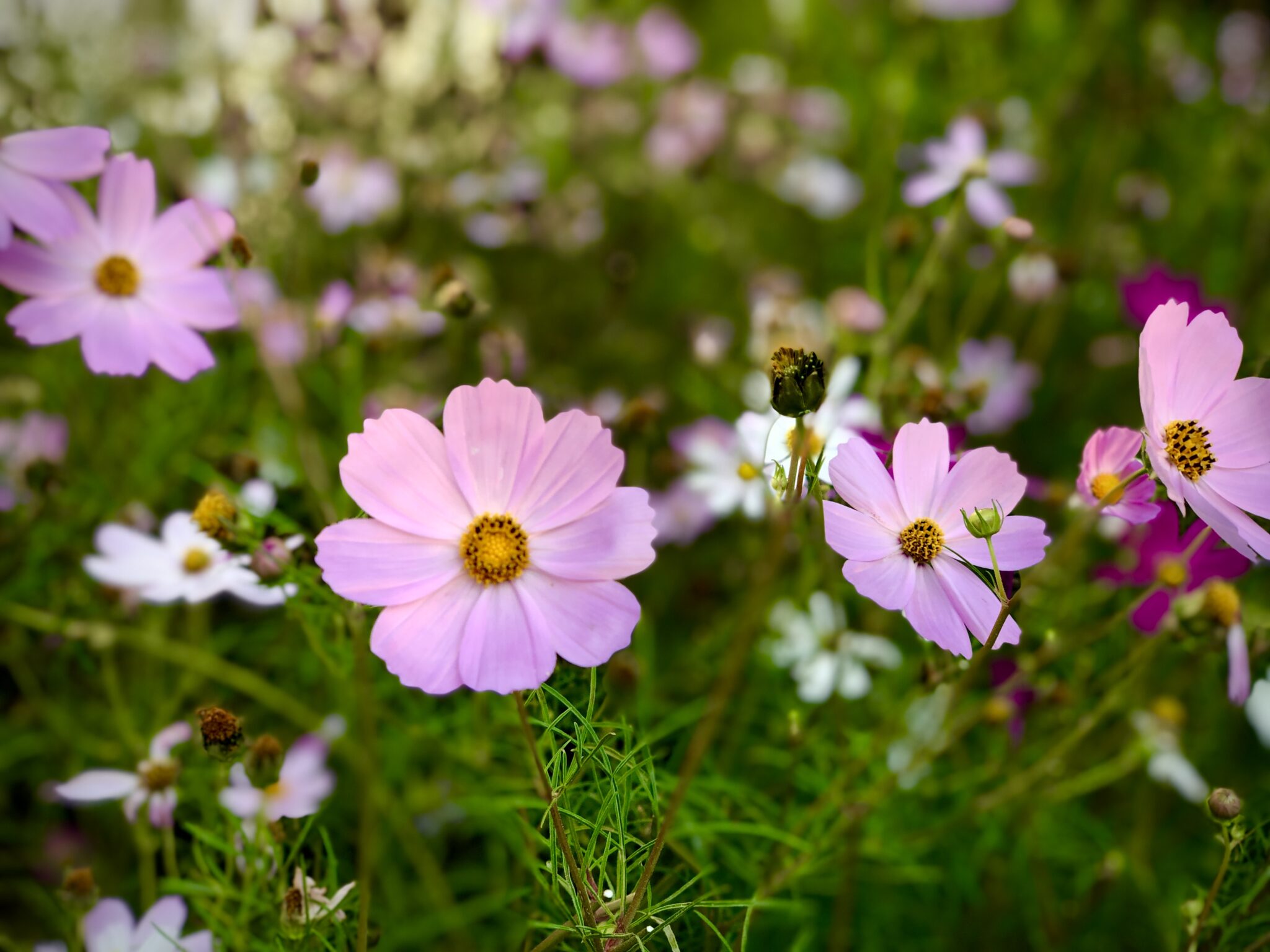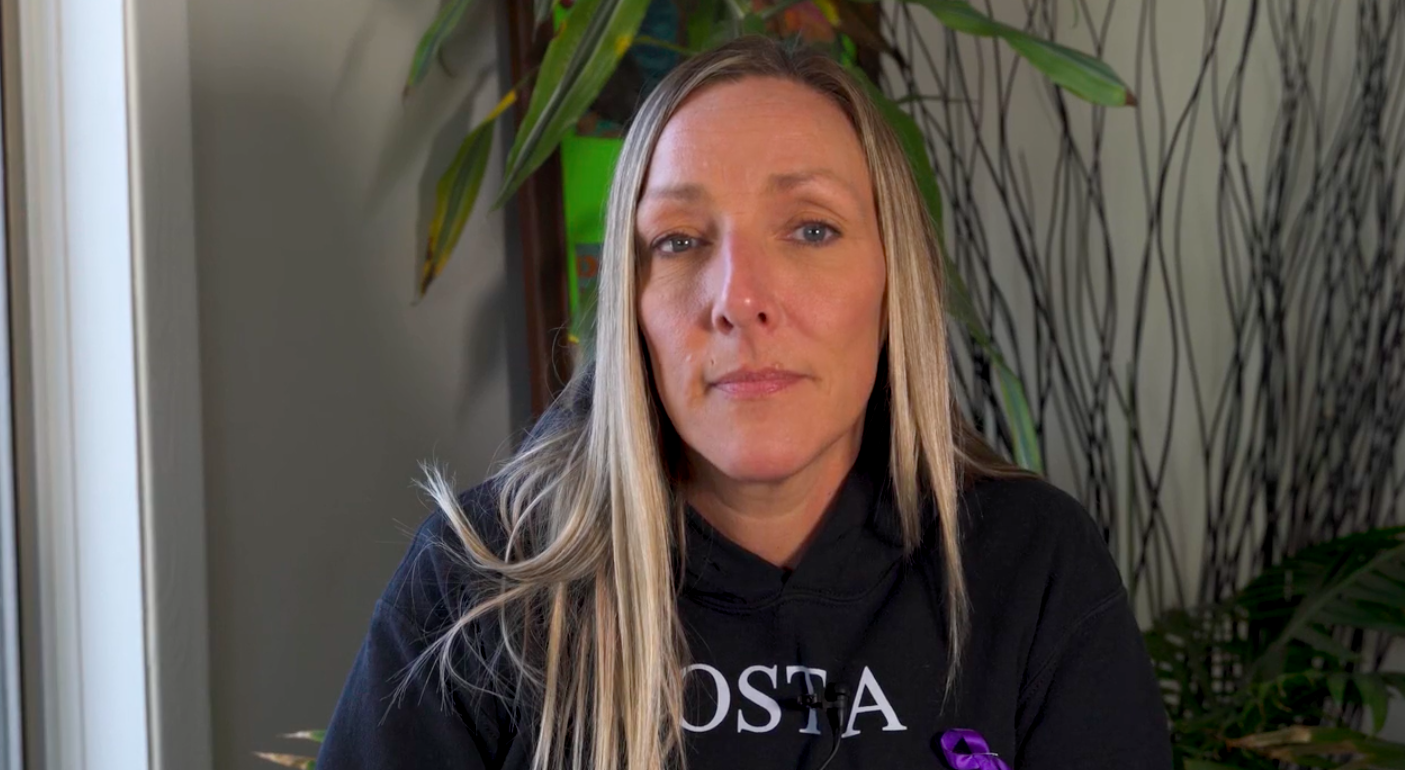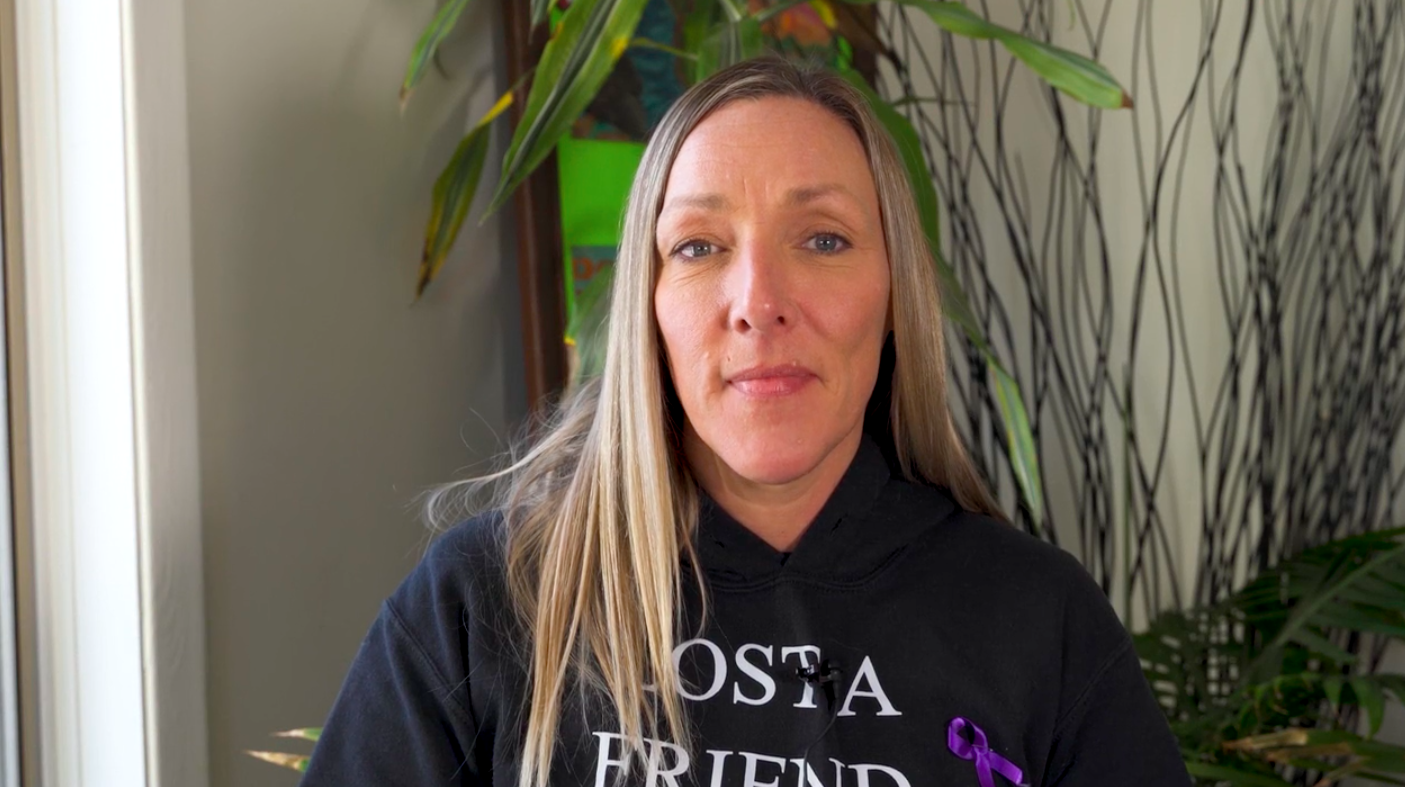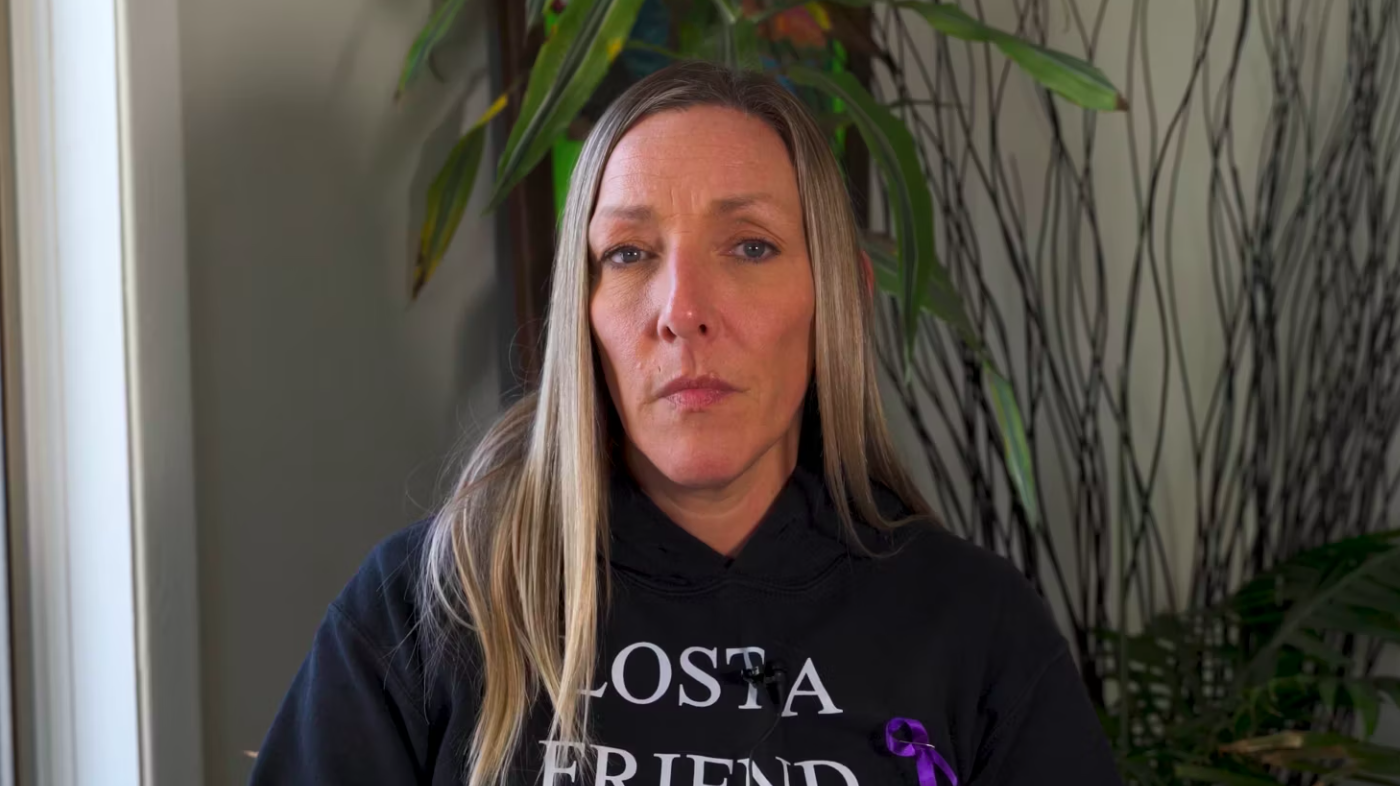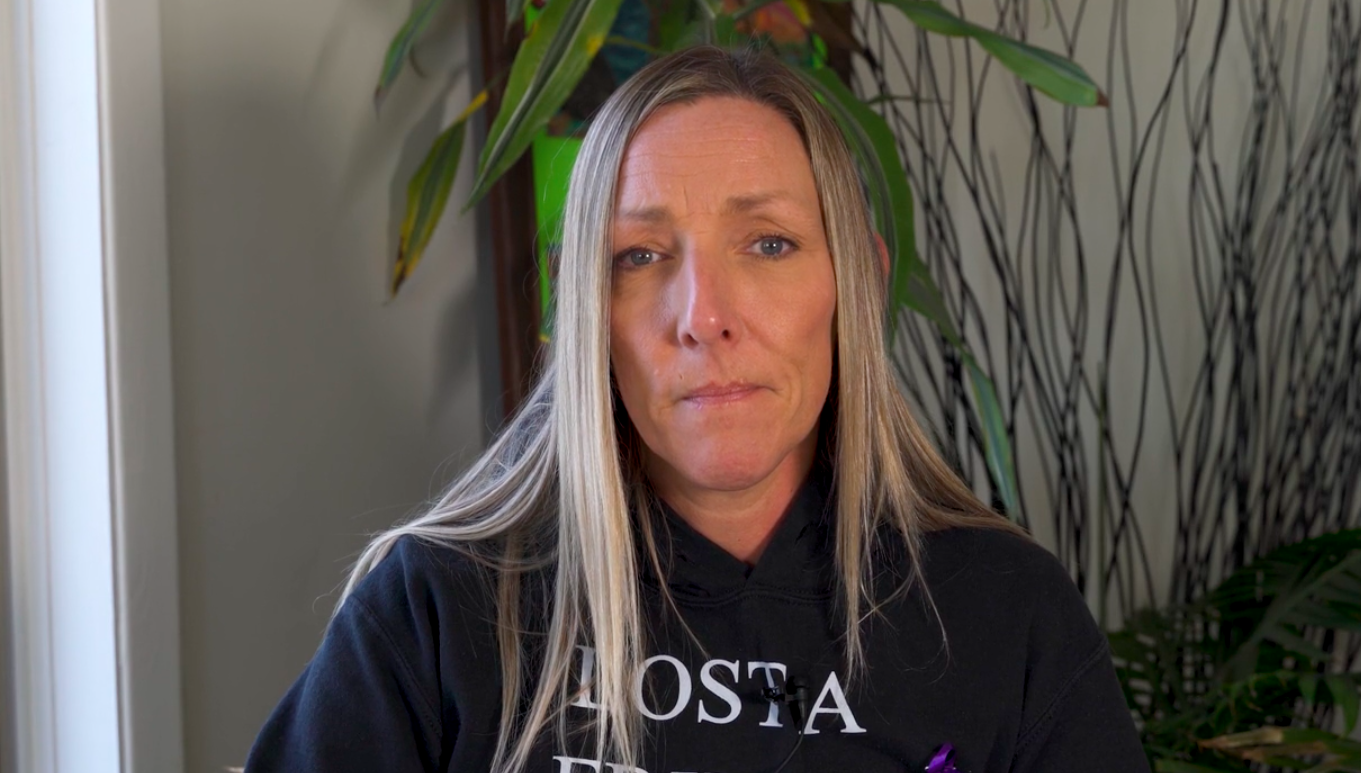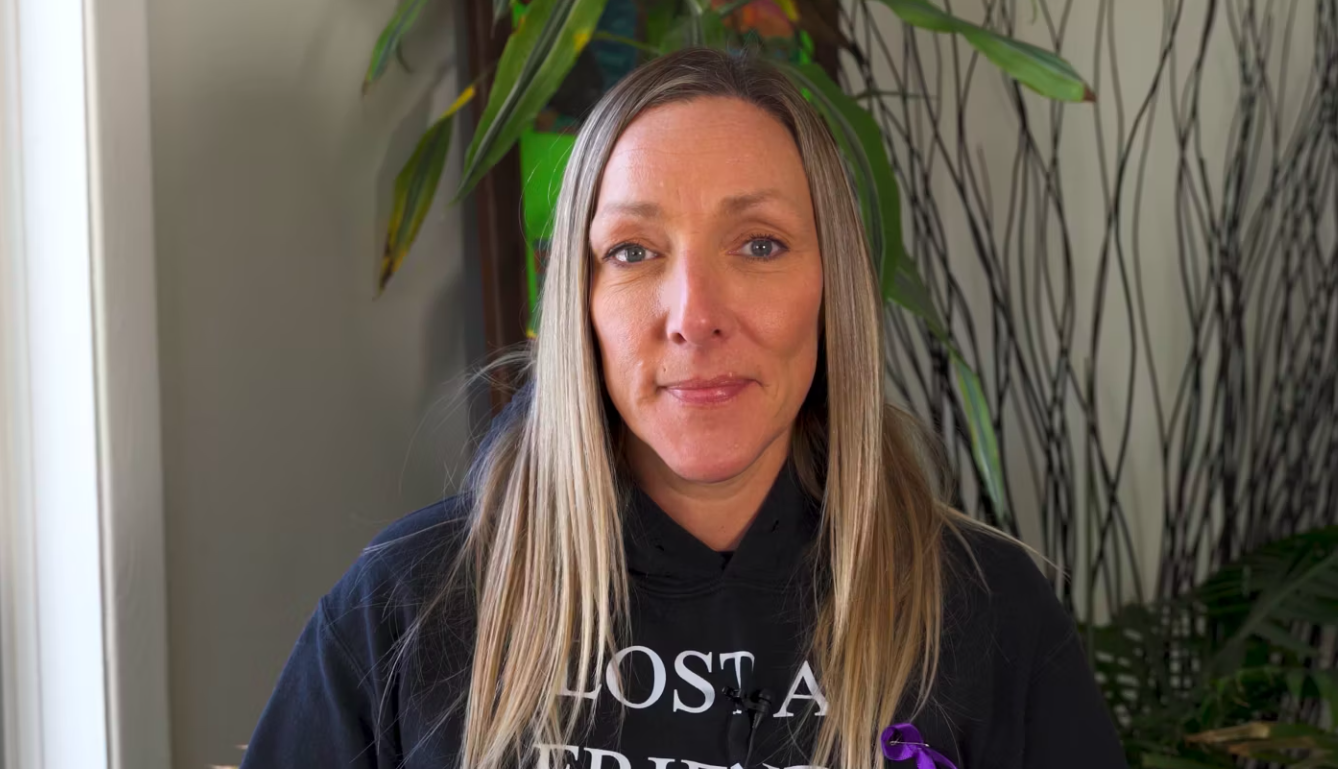Posts Tagged ‘Grief’
Kristal – The Value of all Those Lost
Kristal – The Value of all Those Lost
Kristal emphasizes that the lives of those lost to drug poisoning had value, they were an opportunity that was lost, and that the community is missing so much in their absence.
Kristal – Poetry, Comedy, & Art for Grieving
Kristal – Poetry, Comedy, & Art for Grieving
Kristal discusses using poetry and other forms of creative expression as a distraction from her grief and to disassociate in a safe and productive way. She discusses grief being love with nowhere to go, so she puts it into art.
Kristal – Attending Memorials as a Support Worker
Kristal – Attending Memorials as a Support Worker
Kristal discusses the importance of finding ways to honour people that have been lost and how they have impacted you. She speaks to how she often chooses not to attend public memorials for those she has lost as a support worker as they are often very overwhelming. Instead, she has her own personal rituals or ways of honouring those she has lost personally including opening a window. She discusses how this practice was used when she worked in palliative care.
Kristal – Drug Poisoning During Pandemic Stigma
Kristal – Drug Poisoning During Pandemic Stigma
Kristal discusses how the pandemic has created additional stigma surrounding those who use drugs. She discusses how it seems like some losses are treated as more deserving of being mourned than others. Many people have had to grieve privately instead of publically within a community. She touches on the state of the public health system during the pandemic.
Kristal – Anger with Grief
Kristal – Anger with Grief
Kristal discusses finding ways to channel her anger due to poor policy leading to deaths from drug poisoning and those individuals not having the support they needed. She discusses how human beings have the right to be flawed and should have the ability to grow, heal, and change.
Kristal – Activism To Ease Anger and Grief
Kristal – Activism To Ease Anger and Grief
Kristal discusses using activism to help ease or channel her anger from the loss of those in her community to drug poisoning. She talks about her grief being very quiet and inward before, but that taking action helps her to move through it. She discusses how there may not be peace from these losses, but the goal should rather be feeling safe in the emotions.
A Million Other Things: Grieving a Drug Poisoning Death
By Jessica Milette, MSW, RSW
A parent sits across from me, anxiously wringing their hands. They will be returning to work after the sudden death of their child. “What if they ask? Do I tell them that they died of an overdose?” Terror flashes across their face. “What if they judge me? My child? What if they think I’m a terrible parent?” We take a moment to reflect on their child and I ask them to tell me about them. They pause, but then I notice their hands aren’t as tense as they cross them over their shoulders. “They were so thoughtful and gave the best hugs. Their smile would light up any room.”
Sister, father, son, niece, best friend – some of these words might be how you would describe your loved one who has died of an overdose or drug poisoning. People Who Use Drugs (PWUD) are not defined by their substance use – they are a million other things to those who love and miss them dearly. Drug poisoning and overdose deaths are stigmatized in our society. The focus is on how the person died, not who they are. Society still holds onto old notions and beliefs about drugs which come with a value judgment about people who use drugs, which further contributes to stigma. Not everyone who uses drugs is an addict and not all drug use is inherently problematic. People who use drugs deserve dignity and respect when we are remembering and honouring those who have died by overdose or drug poisoning.
More stigma means less support for people using drugs and those that support them. Much work has been done and continues to be done to dispel myths and stigma about addiction, drug use, and those who use drugs. Addiction is an illness: something that someone lives with, not something that defines them. These same values and judgments society has about drug use aren’t attached to folks who die of other illnesses. Society tends to view drug use and those who use them as a black and white issue. However, those who love someone who uses drugs weave a rich, colourful tapestry made of stories, reminders, and feelings about their loved one.
In my years as a grief therapist, those left behind want to share a special moment or memory about their loved one with a trusted other. When one is grieving a drug-poisoning death, this trust and sacredness without judgment offers the freedom to sit in the entirety of their grief—the grief they felt when their loved one was alive and when they died. Taking the time to use a loved one’s name in conversation, and asking the griever to share something about their loved one is a powerful tool for us on our grief journey. By initiating these types of conversations, we let the griever know that if they wish to, they can talk about their loved one. Sharing our stories are some of the most powerful ways one finds connection and healing through grief. It helps us feel less alone in our grief by sharing about what makes our person special. Those we love and grieve aren’t just a person who uses drugs – they are so much more. May each of us continue to share stories about our loved ones and the many facets their lives hold.
*DISCLAIMER* The scenario described in the article is a general reflection upon themes the author has witnessed through their grief counselling work and does not represent a specific individual in order to protect the confidentiality of service users.
Nicole – Using Art and Creativity to Express Grief
Nicole – Using Art and Creativity to Express Grief
Nicole discusses the work she does to allow access to creative outlets such as art hives and gardening.
Nicole – Stigma Surrounding Drug Use
Nicole – Stigma Surrounding Drug Use
Nicole discusses how the stigma around drug use has an impact on how people feel able to grieve when those in their community are lost.
Nicole – Power of Speaking About Lost Ones
Nicole – Power of Speaking About Lost Ones
Nicole discusses the importance of sharing memories of those lost to drug poisoning and speaking their names.
Nicole – Pandemic’s Effect on Safe Spaces and Mental Health Access
Nicole – Pandemic’s Effect on Safe Spaces and Mental Health Access
Nicole discusses how the pandemic affected access to safe spaces and shelters for those living rough and living with addiction.
Nicole – Pandemic’s Effect on Grieving as a Community
Nicole – Pandemic’s Effect on Grieving as a Community
Nicole discusses the ways the pandemic has affected the way people grieve as a community.

